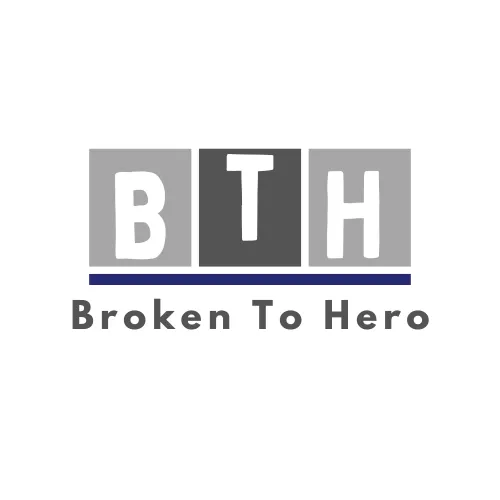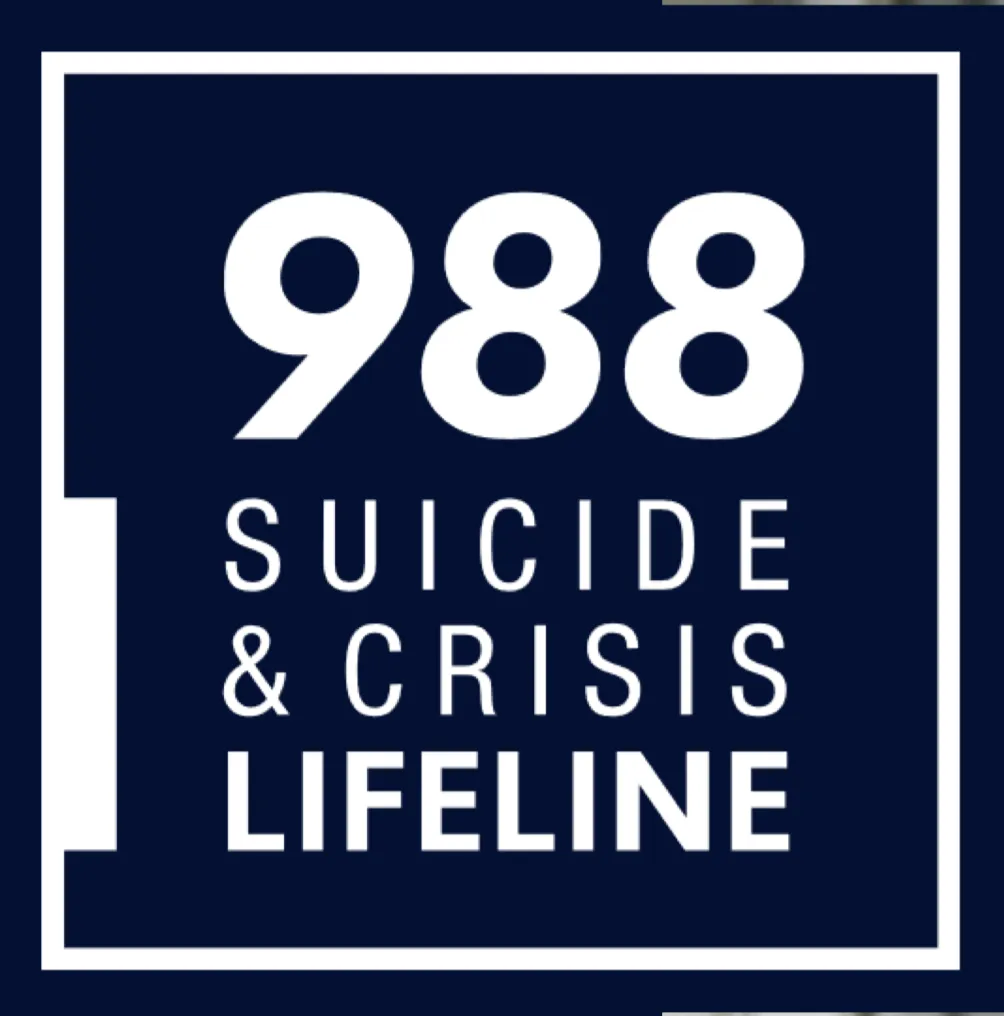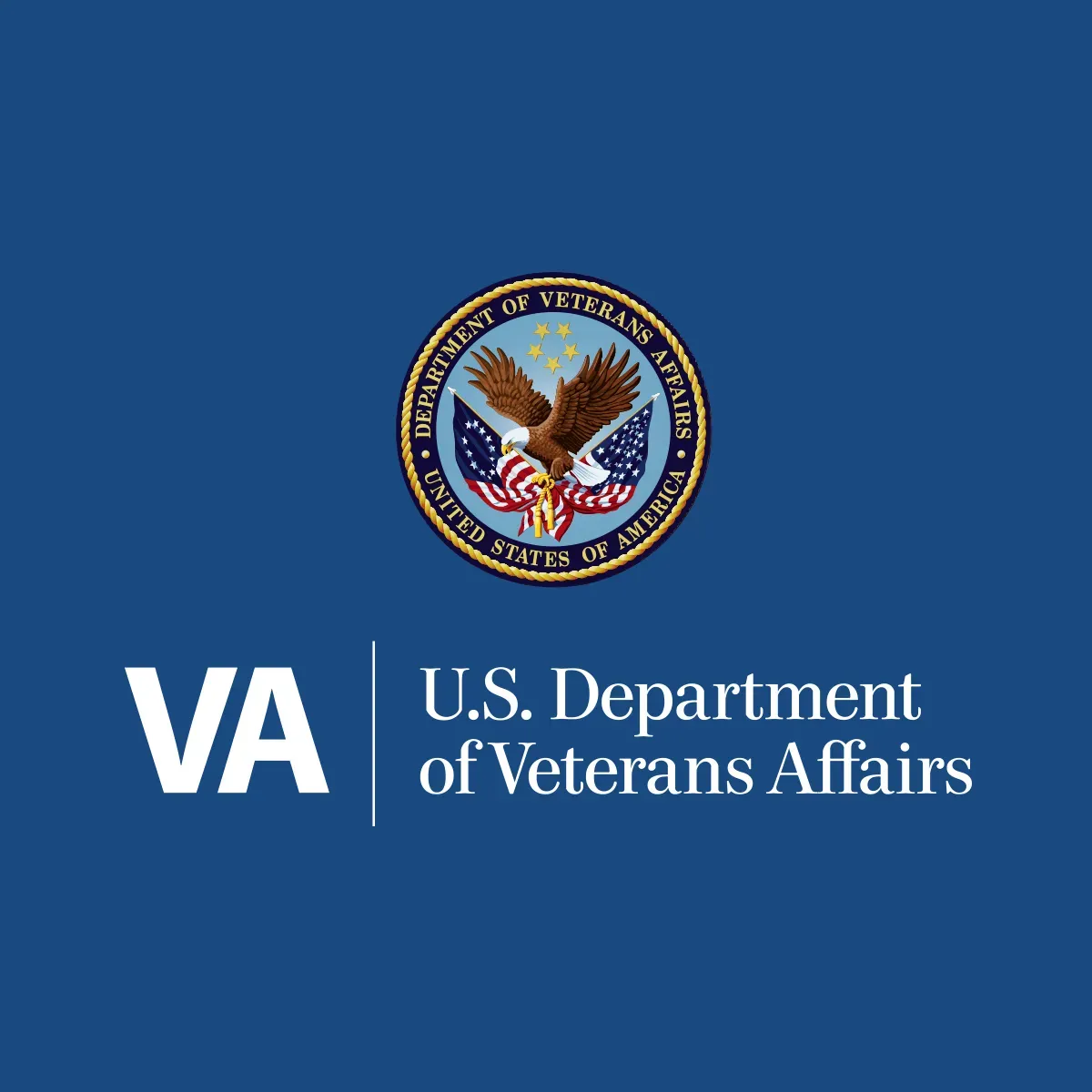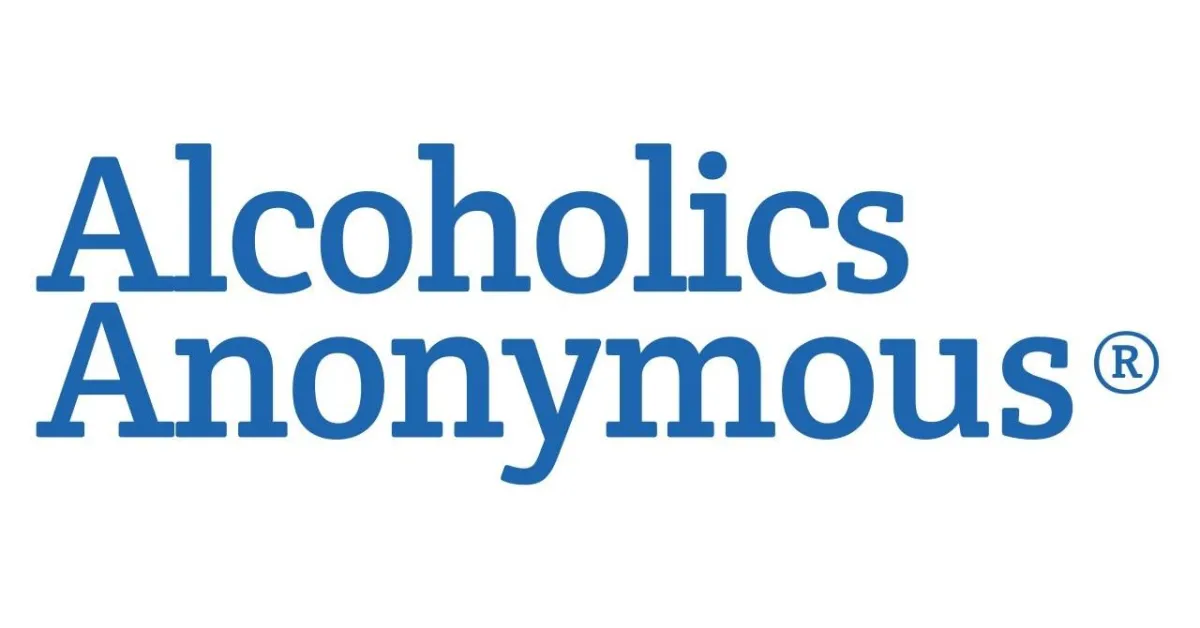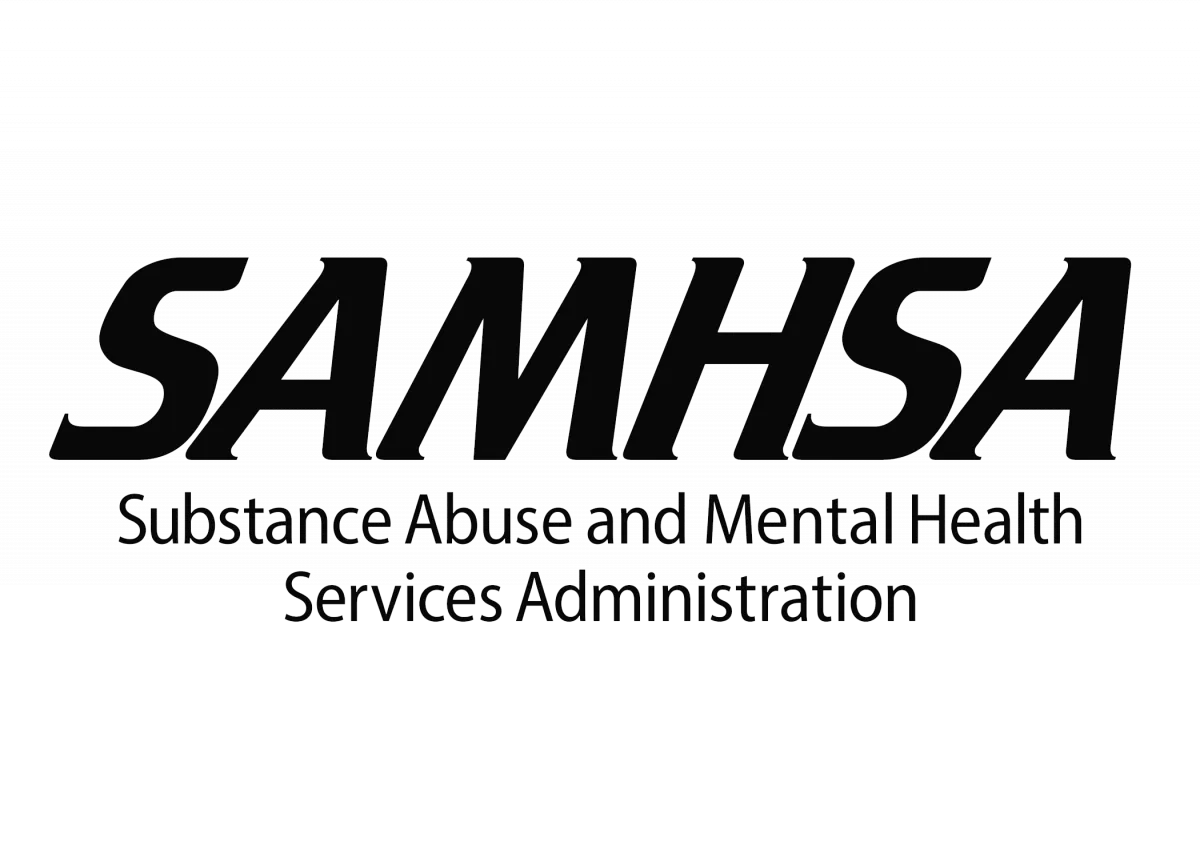FAQS
How does life coaching differ from therapy?
While both life coaching and therapy aim to support personal growth, they have distinct approaches. Therapy typically focuses on addressing past traumas, emotional healing, and diagnosing mental health conditions. On the other hand, life coaching is forward-focused, centered around setting and achieving goals, enhancing performance, and unlocking potential. If you're seeking to overcome specific challenges from your past, therapy might be more suitable. If you're looking to create a roadmap for personal or professional success, life coaching could be the right fit.
How often are coaching sessions conducted?
Coaching sessions frequency can vary based on your needs and preferences. Typically, we recommend starting with weekly sessions to establish momentum and make consistent progress. As you gain confidence and traction towards your goals, sessions might transition to bi-weekly or monthly. The flexibility of our approach ensures that the coaching frequency adapts to your evolving requirements, ensuring optimal support and accountability.
What if I'm unsure about my goals and direction?
It's completely normal to feel uncertain about your goals and direction. Our coaching process begins with an initial assessment where we'll work together to clarify your aspirations, values, and priorities. Through insightful questioning and exploration, we'll collaboratively uncover your passions and potential areas for growth. If you're not entirely sure about your goals, our coaching can help you gain clarity and chart a course that aligns with your authentic self. Remember, the journey towards clarity is an integral part of the coaching process itself.
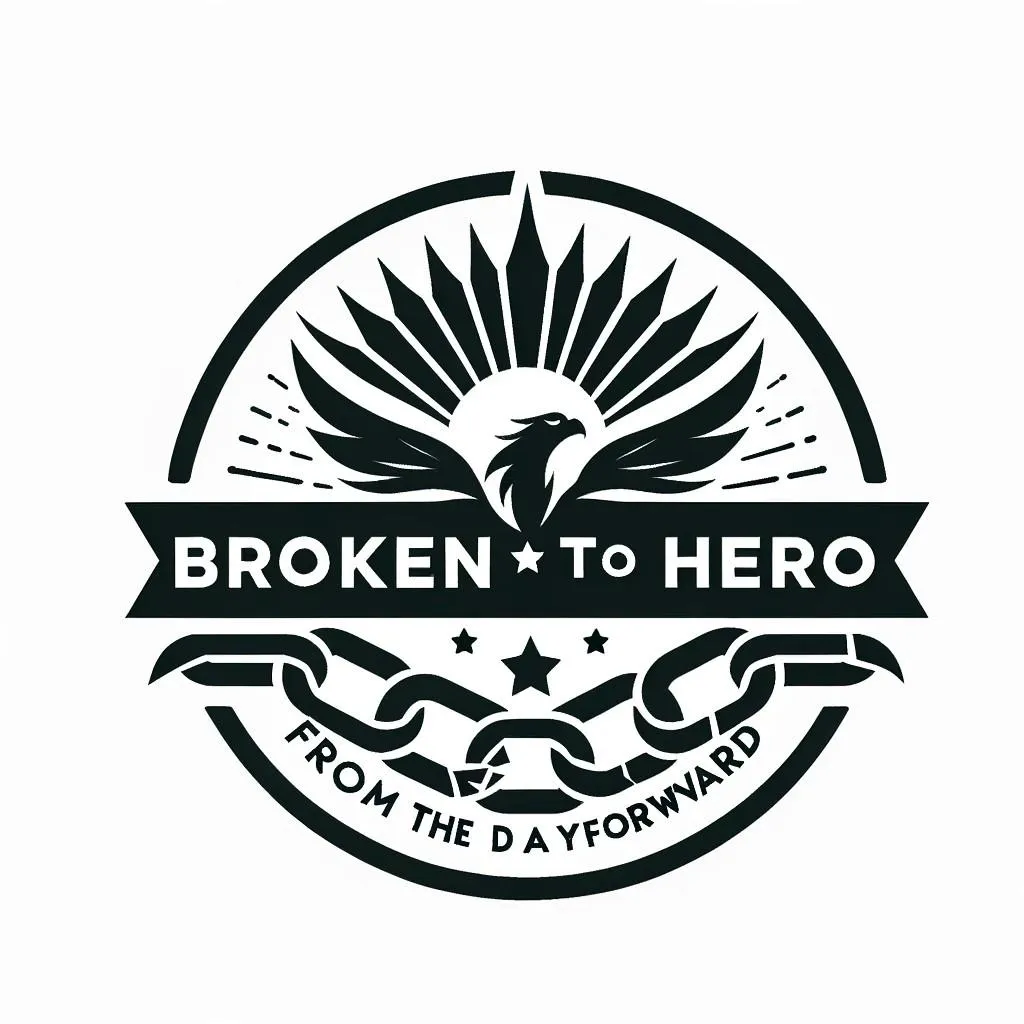

Education and Training benefits for Veterans
Military Veterans have access to a variety of education and training benefits designed to help them transition to civilian life, further their education, and enhance their job skills. Here are some key benefits available to Veterans:
• Tuition and Fees: Covers full in-state tuition and fees at public institutions and up to a national maximum for private or foreign schools.
• Housing Allowance: Monthly housing allowance based on the location of the school.
• Books and Supplies Stipend: Up to $1,000 per year.
• Transferability: Allows eligible service members to transfer unused benefits to their spouses or children.
• Provides up to 36 months of education benefits.
• Can be used for degree and certificate programs, flight training, apprenticeship/on-the-job training, and more.
• Benefits are typically paid directly to the Veteran on a monthly basis.
3. Vocational Rehabilitation and Employment (VR&E)
• Assists Veterans with service-connected disabilities to prepare for, find, and maintain suitable employment.
• Offers career counseling, job search assistance, and training.
• Provides support for independent living for those who are severely disabled and unable to work.
4. Tuition Assistance (TA)
• Provides financial assistance for voluntary off-duty education programs in support of a Veteran's professional and personal self-development goals.
• Covers tuition expenses for courses at accredited colleges, universities, and other institutions.
• Available for Post-9/11 GI Bill beneficiaries.
• Allows institutions to enter into a voluntary agreement with the VA to fund tuition and fee expenses that exceed the highest public in-state undergraduate tuition rate.
• The institution can contribute a certain amount, and the VA will match that amount.
6. Veterans Educational Assistance Program (VEAP)
• Available to those who made contributions from their military pay.
• The government matches the veteran's contributions on a 2-for-1 basis.
• Can be used for degree, certification, correspondence, apprenticeship/on-the-job training programs, and more.
7. Veteran Rapid Retraining Assistance Program (VRRAP)
• Provides up to 12 months of training benefits for high-demand jobs.
• Covers programs approved under the GI Bill and VR&E.
8. State-Specific Benefits
• Many states offer additional benefits, including tuition waivers, scholarships, and grants for veterans and their dependents.
• Programs and eligibility criteria vary by state.
9. Apprenticeship and On-the-Job Training Programs
• Veterans can use their GI Bill benefits to receive training and wages at the same time.
• Employers can participate by providing training programs approved by the VA.
10. Licensing and Certification
• The GI Bill covers the cost of certain licensing and certification tests required for employment in various fields.
• Includes tests like the SAT, LSAT, GRE, GMAT, and others.
11. Tuition Assistance Top-Up Program
• Allows active-duty service members to use GI Bill benefits to pay the difference between the total cost of a college course and the amount of tuition assistance (TA) paid by the military.
12. Entrepreneurship Training
• The VA partners with the Small Business Administration (SBA) to provide Veterans with training and assistance in starting and growing a small business.
These benefits are designed to provide Veterans with opportunities for education and training that can lead to successful careers and a smoother transition to civilian life.
Available Help
988 Suicide and Crisis Lifeline We can all help prevent suicide. The 988 Lifeline provides 24/7, free and confidential support for people in distress, prevention and crisis resources for you or your loved ones, and best practices for professionals in the United States.
The United States Department of Veterans Affairs is a Cabinet-level executive branch department of the federal government charged with providing lifelong healthcare services to eligible military veterans at the 170 VA medical centers and outpatient clinics located throughout the country.
Find A.A. Near You This website does not contain a meeting finder. Contact one of the A.A. resources below for a meeting list in that location and the surrounding area.
The Online Intergroup of Alcoholics Anonymous, or OIAA, is an International service organization established in accordance with the Ninth Tradition of Alcoholics Anonymous A.A., specifically for the purpose of assisting online.
A simple, supportive approach to mental health care. Find a therapist who fits your needs and takes your insurance.
NAMI is the National Alliance on Mental Illness, the nation’s largest grassroots mental health organization dedicated to building better lives for the millions of Americans affected by mental illness.
If you or someone you know has a mental illness, is struggling emotionally, or has concerns about their mental health, there are ways to get help.
The Substance Abuse and Mental Health Services Administration (SAMHSA) is the agency within the U.S. Department of Health and Human Services (HHS) that leads public health efforts to advance the behavioral health of the nation and to improve the lives of individuals living with mental and substance use disorders, and their families.
The National Network of Depression Centers (NNDC) develops and fosters connections among members to use the power of our network to advance scientific discovery, and to provide stigma free, evidence-based care to patients with depressive and bipolar illnesses.
